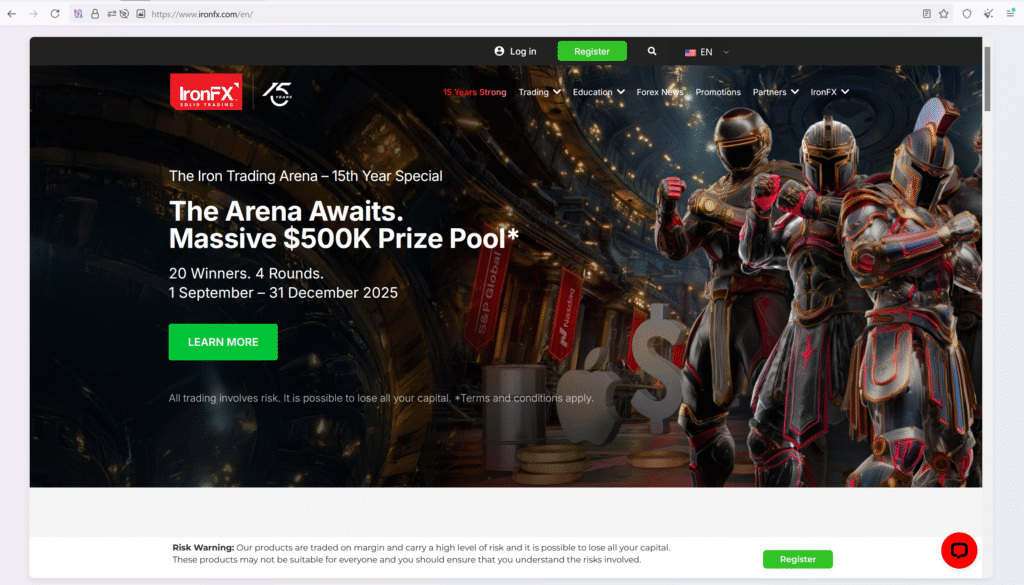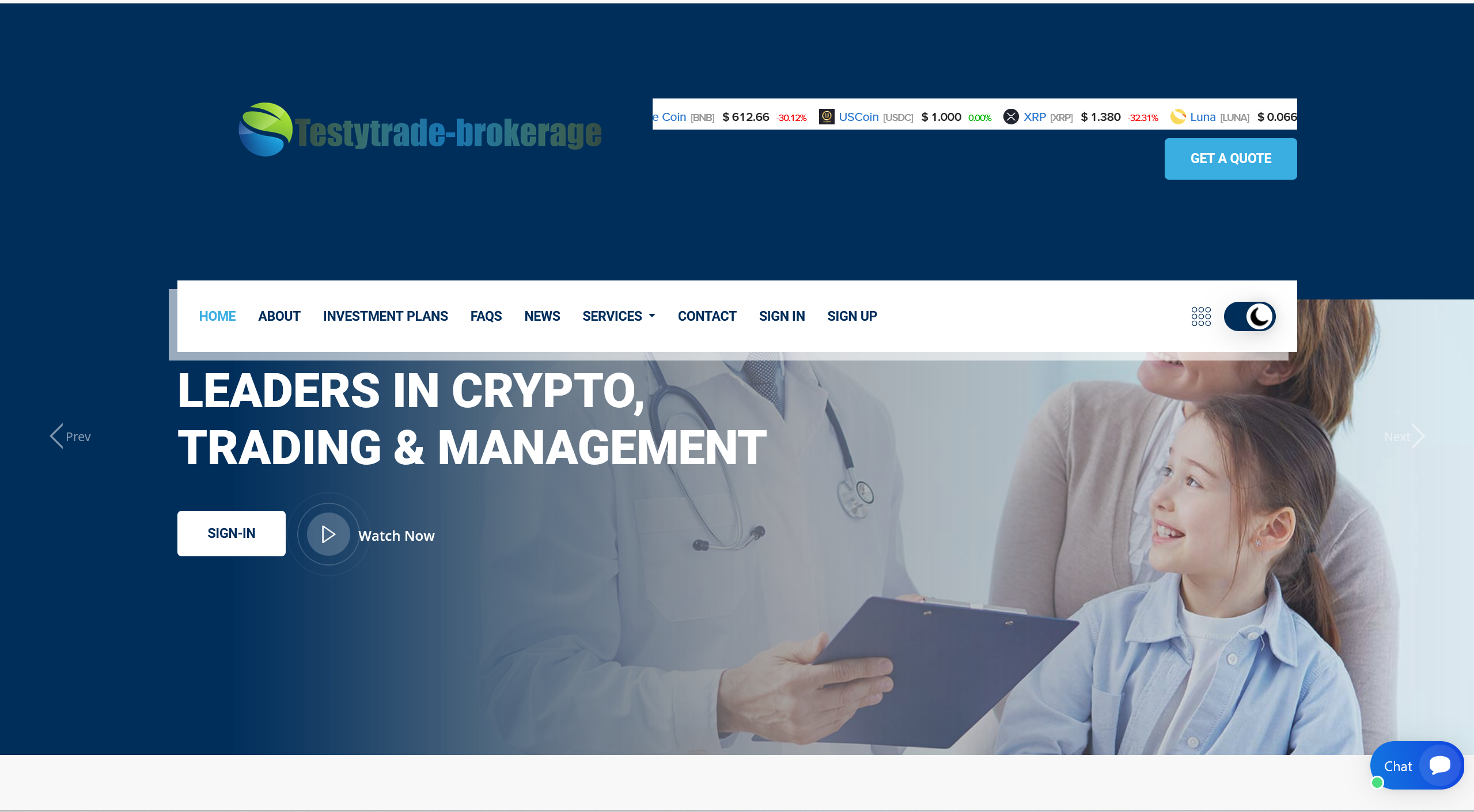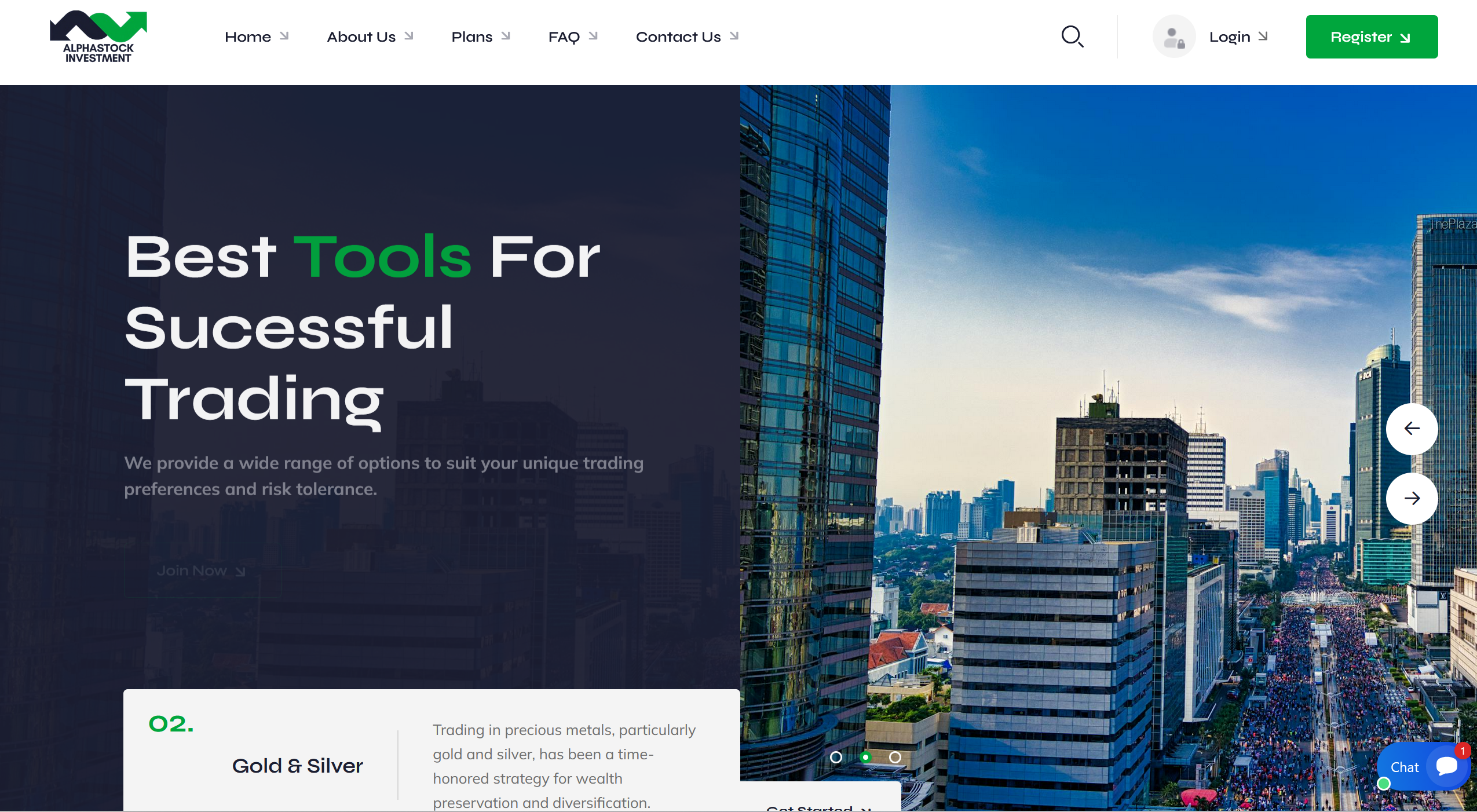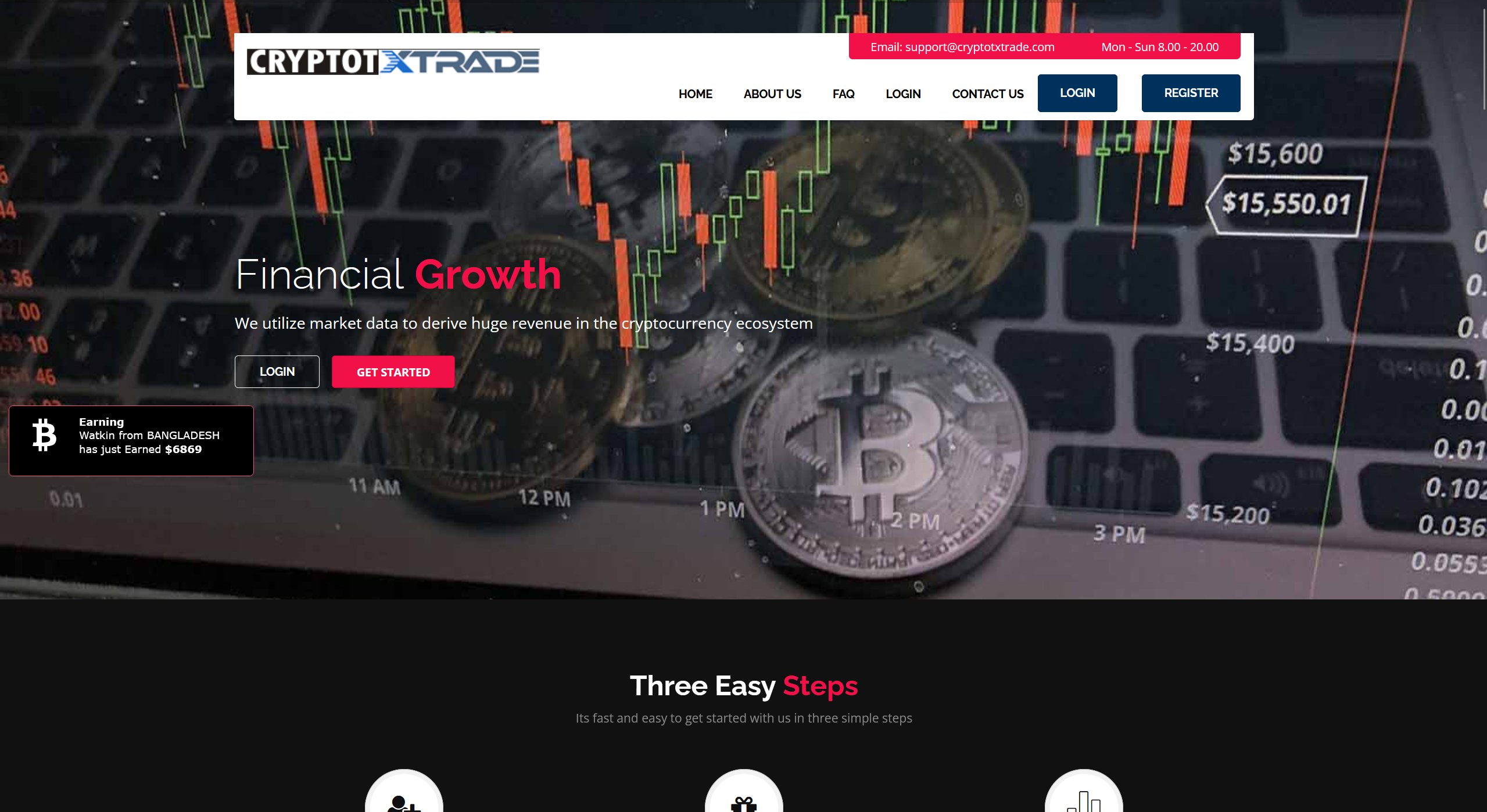IronFX is one of those large, established brokers whose name carries weight in the retail forex/CFD world. It markets itself as offering premium features: low spreads, multiple regulated entities, advanced execution, global reach, and account flexibility. That’s the classic Element 1 pitch: “We’ll give you upgraded performance, superior tools, better access.” But high reputation alone does not guarantee safety. Below, I unpack five explosive exposures hidden behind that upgrade narrative.
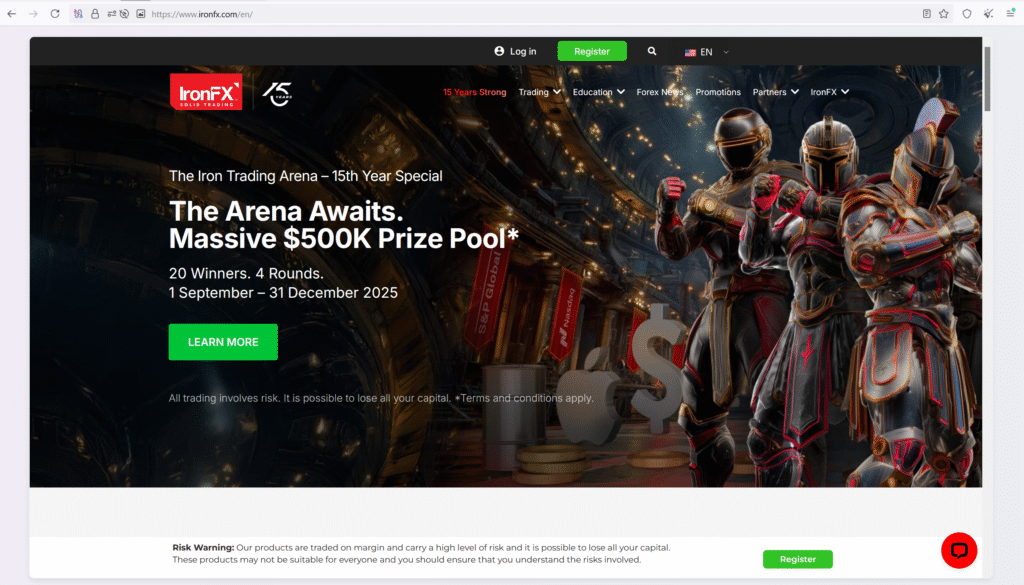
1) The “Upgrade” Narrative: Spreads, Execution & Account Tiers
One of IronFX’s main marketing hooks is performance enhancement: they advertise “spreads from 0.0 pips,” “fast execution,” multiple account types (Fixed, Floating, ECN, VIP), and advanced tools. But when brokers lean heavily into that narrative, the questions to ask are:
- Which accounts truly get those spreads? Very often, only the top-tier accounts qualify for ultra-tight spreads, and those accounts may have very high minimum deposits or other restrictions.
- What’s the actual execution model? Brokers may use market execution, instant execution, or internal matching (market maker). If IronFX is market making or has partial internalization, the alignment of interest becomes murkier.
- Where’s the audit / proof? Spreads, re-quotes, slippage, execution latency — real proof would require audit logs, third-party verifications, or trade monitoring. But such transparency is rarely visible to retail users.
Indeed, IronFX is reported by review sites as using multiple trading models (market maker, ECN) depending on the account type. The “spread from 0.0 pips” catch is usually tied to certain instruments or limited volume tiers.
Thus the “upgrade promise” is real in the sense that they offer better conditions—but whether your account will benefit depends heavily on which package you choose, plus how they enforce terms behind the scenes.
2) Regulation, Licensing & Structural Complexity
A major pillar of trust for a broker is having verifiable, robust regulation. IronFX claims regulation in multiple jurisdictions, and in its own descriptions, emphasizes this. But the structure is complex, and there are red flags in how those regulatory claims are used.
What is known:
- IronFX operates through multiple entities:
- Notesco Financial Services Ltd (Cyprus, regulated by CySEC)
- Notesco UK Limited (UK, FCA)
- Notesco (SA) Pty Ltd (South Africa, FSCA)
- Notesco Limited in Bermuda / offshore registrations
- According to WikiFX, IronFX holds a CySEC license number 125/10, and operations under UK FCA with license 585561.
- IronFX has been flagged by the UK FCA in a public warning: “IroneFX is not authorised or registered by the FCA.” That suggests parts of IronFX’s operations are not under full FCA oversight.
- As of 2025, WikiFX gives IronFX a “WikiScore” of 7.85 / 10, reflecting a mixed reputation in terms of regulation and reliability.
Implications / concerns:
- The multiplicity of entities suggests that IronFX can route clients or services through different jurisdictions depending on risk and client location. That flexibility can advantage the broker when it comes to obligations, oversight, or accountability.
- Some operations may be subject to stronger regulatory oversight (e.g. CySEC), while others operate in looser jurisdictions. That means clients’ protections vary depending on which affiliate they sign up under.
- The public warning from the FCA indicates that the firm is operating in the UK market without full authorization, or at least parts of IronFX do. That undermines the consistency of regulatory claims.
So while the upgrade narrative includes “regulated, multi-jurisdiction presence,” the complexity and inconsistency in regulatory status should be treated as a risk, not reassurance.
3) Complaints, Withdrawal Issues & Reputation Erosion
One of the strongest checks on a broker is how it handles withdrawals, complaints, and negative feedback. A broker may succeed in marketing performance, but will ultimately be judged by whether clients can retrieve funds reliably.
Evidence & reports:
- Forex Peace Army has blacklisted IronFX and labeled it a “scam broker,” citing multiple client complaints about withdrawal problems and non-payment.
- On Forex Factory threads, long-time traders claim that IronFX delayed or blocked withdrawals, claimed “account under investigation,” or used excuses to hold funds.
- On Trustpilot, IronFX has ~886 reviews with an average score of ~3.5 / 5. Among those, negative reviews often mention slow transactions, poor spreads, hidden terms, and bonus-related profit-sharing issues
- One affiliate publicly accused IronFX of cutting off cooperation suddenly and withholding ~$4,850 from her dashboard, alleging the broker ignored her withdrawal and communication attempts.
- In some complaints, brokers / clients claim that profits made were later wiped or reversed on dubious grounds (e.g. “arbitrage detected”).
These patterns — compliments about platform or spreads early, then withdrawal trouble later — mirror classic behaviors of risky brokers. The “upgrade promise” lures you in; the “exit hurdle” prevents you from realizing value.
4) Bonus Promotions, Profit Sharing & Hidden Clauses
To boost deposits and engage clients, IronFX offers promotional incentives like 100% bonuses, revenue share or profit sharing schemes, and affiliate incentives. But those come with fine-print clauses that often work in the broker’s favor.
What is reported / observable:
- Negative reviewers often cite the “100% sharing bonus” or “profit share” scheme where traders are forced to share profits with the broker (50/50 or other splits) when using bonus funds.
- In Trustpilot reviews, one user complains that the deposit bonus ended up requiring “sharing profits 50/50” under conditions that were not clearly explained at onboarding.
- Affiliates complaining about withheld commissions suggest the broker may have internal controls to claw back or delay payments.
Because these bonus and profit-sharing terms are often hidden or buried in the contract, many traders don’t see them until it’s time to withdraw. That’s a textbook use of the Element 1 bait: promise a boost now, then install constraints later.
5) Structural Control: Execution, Spread Behavior & Internal Arbitrage
When a broker retains tight control over pricing, order routing, liquidity, or trade matching, it holds a structural advantage. The more “upgrade” claims it markets, the more suspicion that some parts of the system are engineered to benefit the broker.
Potential / observed mechanisms:
- IronFX sometimes acts as a market maker, meaning trades might be matched internally and the broker has a conflict of interest with clients (losses may be profits of the house).
- Execution latency, slippage, or spread widening during volatility may be applied less favorably for retail clients, especially during high-market conditions.
- In complaints, clients say that profits harvested during calm periods get wiped when withdrawal is asked, or that accounts are retroactively flagged for “arbitrage” or “irregular trading” after the fact.
- Because of the multi-entity structure, order flow might be routed in ways that avoid oversight or shift risks internally across affiliates.
These mechanisms aren’t unusual among brokers, but in the absence of transparent audit trails and enforced regulatory constraints, they create internal asymmetry: the broker sees what the client cannot see.
Conclusion & Practical Recommendations
IronFX is a name that carries prestige in many circles. It promotes an upgraded trading experience—tight spreads, robust tools, global presence built on a multi-entity structure. But beneath that promise lies a complex web of regulatory ambiguity, public complaints, bonus traps, and execution control.
If you treat IronFX as just another broker offering upgrades, you risk walking into a system where the upgrade is selective, the exits are contested, and the fine print is the real power. To navigate this territory, here’s what you should do:
- Choose the regulated entity intentionally. Make sure you are onboarding through an affiliate that is legitimately under a strong regulator (CySEC, FCA, or equivalent) — and keep evidence of the legal entity you signed up with.
- Test withdrawals early and small. Before committing large capital, request small withdrawals and document every step—time, responses, rejections.
- Avoid or scrutinize bonus offers. If a bonus or profit-sharing is involved, read the contract to find hidden profit splits or caps.
- Demand proof of execution transparency. Ask for trade logs, timestamps, comparisons to symbol spreads at given times, or third-party verification.
- Preserve all correspondence. Screenshots, email chains, affiliate contract terms — everything helps if you must file a complaint with regulators.
- Stay alert to red flags. Excuses like “account under review,” “system issue,” or “arbitrage violation” used after profits are made are classic stalling tactics.
- Consider stronger alternatives. In many cases, a smaller but transparent broker with fewer bells and whistles, but better accountability, is safer than a large brand with reputation risk.
